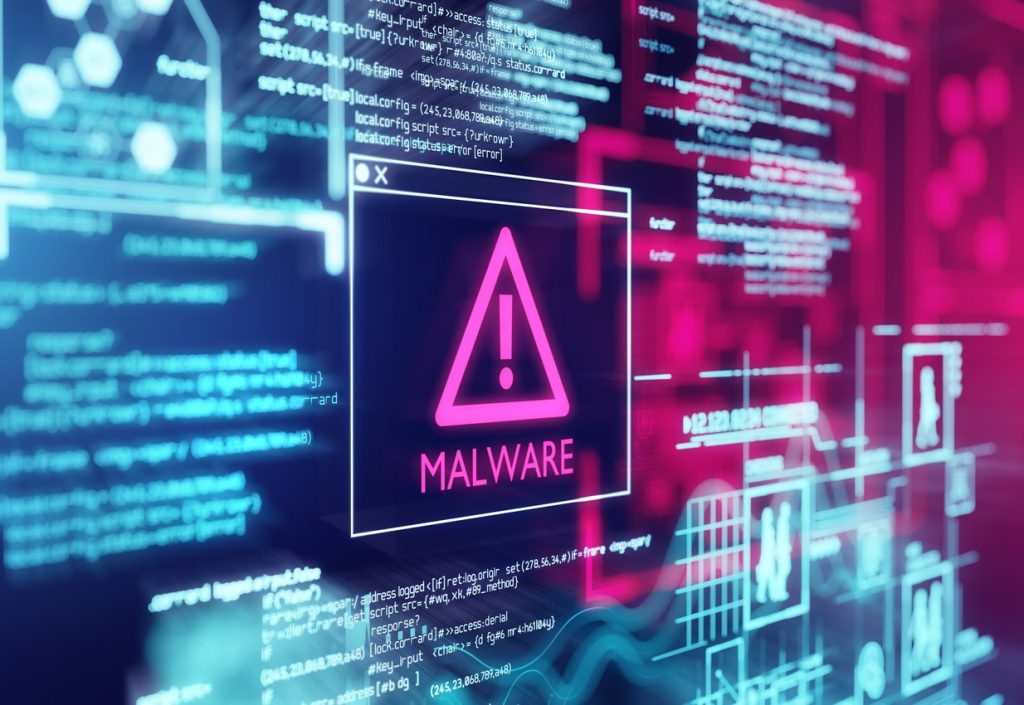While there is no way to entirely protect an organisation from a malware infection, experts suggest that companies use a layered approach to defence.
This tactic affords enterprises more chances to detect malicious software and halt it before it has a harmful impact. The National Cyber Security Centre (NCSC) advises that businesses should assume they will be infiltrated by malware and make moves to limit the negative affect it can have.
The following are three practical steps that can help companies prepare for malware attacks.
1. Keep backups regularly
An important measure in defending against malware is scheduling regular backups of crucial files your business needs to operate. This data will vary for each organisation, but ensure you identify yours and back it up frequently.
Backups must be kept separately offline from your network or in a dedicated cloud service. Services that synchronise with the cloud should not be used as a sole backup though, because they automatically sync, so they may end up copying infected files over and destroying your clean records.
Whether you use a USB stick or external drive, the device storing your backups must not be constantly connected to your company network to safeguard data from attacks.
2. Ensure malware cannot be delivered to company devices or run on them
There are a range of actions you can combine to cut back the chance of malware infiltrating your network. Actively examining incoming content, blocking malicious sites, employing signatures that block malicious codes and using filters that only allow incoming file types you expect are all tasks typically handled by network services. From creating whitelists of permitted sites and software to establishing secure gateways, there are many solutions available that block malware.
Setting up Multi-Factor Authentication (MFA) and ensuring company users connect via a Virtual Private Network (VPN) can also offer additional defence from brute-force attacks using remote access.
Company devices should be centrally managed and monitored, ensuring only trusted applications are running on them. Any anti-malware and anti-virus software employed should be kept constantly up to date on devices, and the staff who use them should be trained in essential security protocols.
Devices should always be correctly configured with security updates installed immediately. If possible, enable updates to occur automatically for all firmware, applications and operating systems (OS), and only use the very latest versions of OS available.
3. Keep your confidential information encrypted
At Galaxkey, we have devised a comprehensive secure platform to ensure that if your system is penetrated by hackers your sensitive data will be free from harm. Featuring powerful three-layer encryption utilising the onion model seen as an industry benchmark approved by the US government, our system has zero back doors and never stores passwords. Regardless of whether attackers infiltrate your company network, they will be unable to exploit your business-critical data, which is constantly protected whether it is in storage or being shared via email. Contact our expert team and explore how Galaxkey can help you stay protected.



